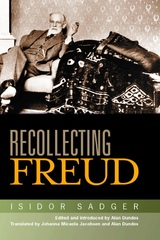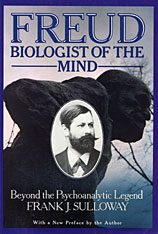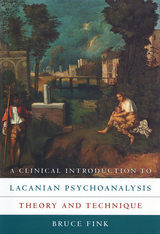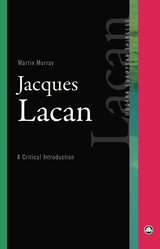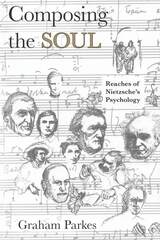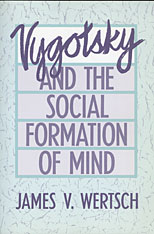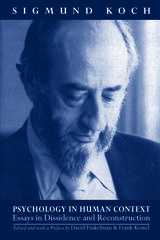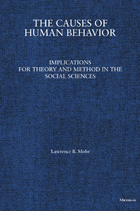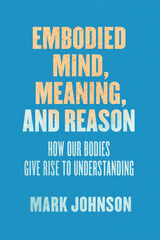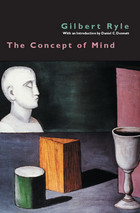Cloth: 978-0-674-47170-2
Library of Congress Classification BF109.P85A4 1971
Dewey Decimal Classification 150.195208
James Jackson Putnam was an established sixty-three-year-old Boston physician and Harvard professor of neurology when he and William James traveled to Clark University to hear Sigmund Freud's lectures on psychoanalysis. Putnam had become interested in psychoanalytic theory three years earlier in 1906; and, in 1908, his interest had been renewed when he met Freud's first English-speaking follower, twenty-eight-year-old Ernest Jones. It still surprised and even disturbed his friends, however, when Putnam became Freud's first American convert as well as a founder and first president of the American Psychoanalytic Association in 1911, and of the Boston Society for Psychoanalysis in 1914.
Of the 172 letters in this volume 163 are published here for the first time. All of the letters present new perspectives on the origins and early development of psychoanalysis in the United States. They provide the first documentary account of the founding of the American psychoanalytic organizations and the battles that surrounded the first public presentations of the psychoanalytic cause in Europe and America. They dramatize the extent to which Freud and Jones used Putnam as a confidant and how important Putnam's Yankee fairness, objectivity, and personal integrity were to the movement.
It is intriguing to discover how these men, long before formal training centers were established, educated each other by mail and learned by letters how to handle psychoanalytic problems never recognized or encountered before. Theory was debated as well, and the 89 letters between Putnam and Freud indicate how Freud's increasingly disillusioned stoicism clashed with Putnam's New England optimism and formed the basis for a significant dialogue on the nature of man, ethics, and the psychoanalytic mission. The letters suggest that Putnam encouraged Freud's interest in the analysis of conscience and of religion that Wilhelm Wundt and Carl Jung had earlier awakened. Nathan G. Hale, Jr., in an introductory essay, provides the background and the explanation for the surprising role Putnam played in what he came to call the "cause." Marian C. Putnam, who made the unpublished letters available, has written a warm recollection of her father. Judith Bernays Heller, Freud's niece, has translated the German texts, which are also published in the original German.
See other books on: Hale Jr., Nathan G. | Psychiatry | Psychoanalysis | Psychoanalysts | Psychotherapy
See other titles from Harvard University Press

